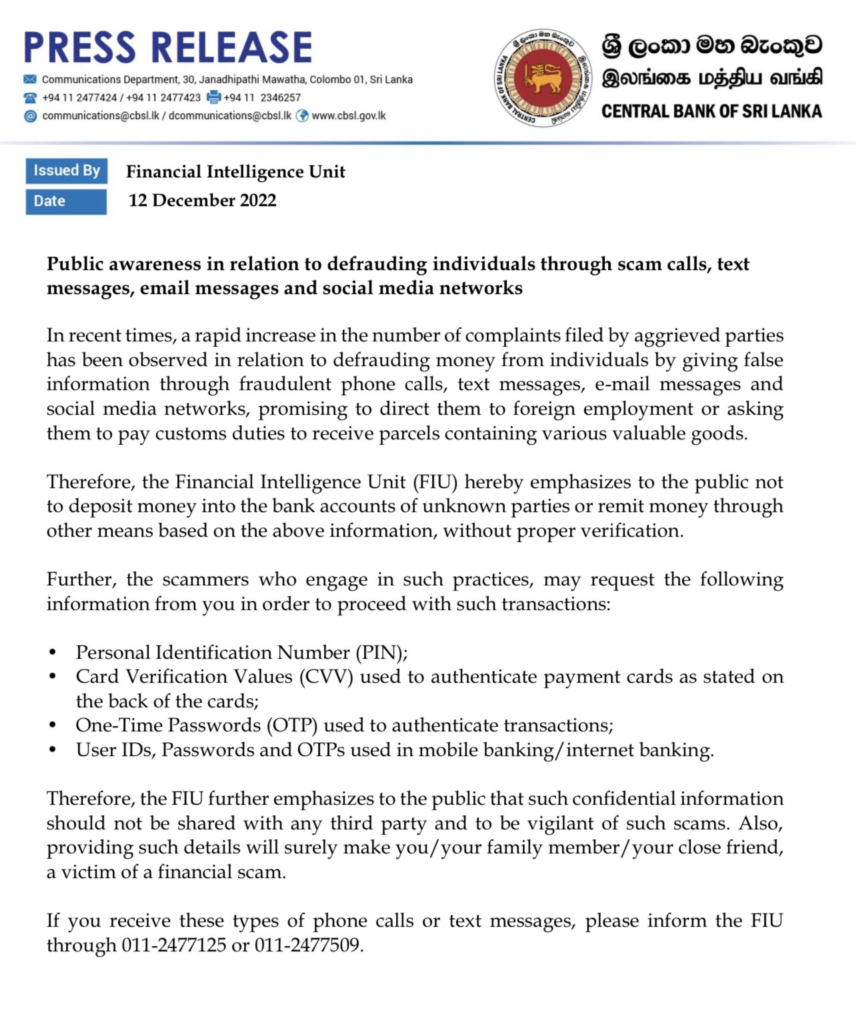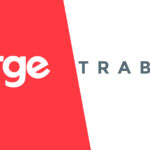A new scam appears to be making the rounds on Sri Lankan social media, this time in the form of WhaleBoost, a seemingly easy money-making scheme. Sri Lanka’s economic crisis has upended many Sri Lankans’ lives and as a result, widespread scams have begun taking a turn for the worst over the past few months. WhaleBoost looks to be one of the latest iterations to take place at scale.
Touted as a notable e-commerce venture, WhaleBoost supposedly aimed to help the average person earn a side income with minimal effort. It’s a similar script from countless Ponzi schemes and other scams. As such, it didn’t take much to dispute the boisterous claims.
Youtuber ManiYa briefly dissected WhaleBoost and shed light on the questionable nature of the operation. For starters, the two domains that WhaleBoost utilizes for its “e-commerce venture” are barely two months old. While that in itself doesn’t necessarily allude to any malintent, the websites’ dubious claims raise enough red flags.
Then there’s the marketing of it all. A large part of the reason why many Sri Lankans have found familiarity with the name is due to influencers and content creators pushing paid campaigns on WhaleBoost. ManiYa’s video also points to how WhaleBoost looks to sign up influencers onboard. In one of the emails, a team member shared a pitchdeck that appears to be nothing more than random stock photos slapped on a few slides to promote a non-existent business. Also, the sender’s Gmail address doesn’t do WhaleBoost any favors either.
The fallacy of influencer culture
The creator economy has given birth to a number of things in the modern digital space, influencers being prime among them. The typical value proposition is the notable number of social media followers and high engagement would hold sway to nudge online audiences in certain directions. From a business perspective, it can serve as an effective marketing channel, particularly if you’re a brand looking to push a certain product or service. However, the glaring problem here is that often influencers don’t come with subject expertise, but a marketing appeal more than anything else. So it should come as no surprise that it wouldn’t take much to promote a dubious scheme. After all, there’s little vetting and actual expertise put into this type of content.
One important takeaway from the WhaleBoost story is that engagement and reach are no substitute for actual expertise. Some skepticism and common sense go a long way.
It’s always scam season here
Of course, WhaleBoost is only one of the latest scams to take the spotlight. The island has been witnessing a high frequency of scams in recent times. A recent report from the Computer Crime Division of the Criminal Investigation Department revealed that a youth has scammed LKR 100 million out of the Ceylon Electricity Board. According to the report, individuals with bills in the hundred thousands were lured into paying their bills to a fake phone app citing a 20% discount if done so. Additionally, the individual had gained unauthorized access to one of CEB’s online payment facilitator accounts. Here, the CEB’s data records were updated to indicate those particular payments were made when in reality, the money never came in.
Another infamous incident from 2022 was of a fake crypto investment scheme that had allegedly swindled millions of rupees from thousands of Sri Lankans. An Al Jazeera report claims that some of these investments amounted to millions, as high as LKR 3.1 million. The Ponzi scheme was said to have been set up back in 2020 under “Sports Chain,” complete with a (now defunct) website and ambitious claims. It even included a downloadable mobile app that served as its “partner building” mechanism.
Then there’s the usual fake promotion on WhatsApp. While these scams aren’t new, the past year saw a notable surge in these as well. The idea is that fake links of some type of promotion from a known brand get passed via WhatsApp messages to unsuspecting users. Texts of non-existent free data, free gifts, or anniversary celebrations continue to be a common sight both in and out of messaging platforms.
The issue has been so prevalent that even the Financial Intelligence Unit of the Central Bank of Sri Lanka issued a notice. Further, Sri Lanka CERT has indicated that there’s a spike in fraudulent financial transactions via fake emails. Though ironically, some of SL CERT’s own web links give a “your connection is not private” warning.

Spotting a scam
There’s no set rulebook on this as things often tend to take different shapes and forms, particularly when it involves technology. Scammers will always look for new avenues. Nevertheless, there are always some telltale signs that are part and parcel of these types of schemes. For instance, looking out for numerous misspellings and grammatical errors.
It’s worth noting that many scams rely on gaining your trust either via a known brand, name, or a seemingly promising enterprise. This is usually followed by appealing to people’s emotions and vulnerabilities while creating some sense of urgency as the likes of WhaleBoost and Sports Chain has showcased.
Always check the recipient of that random email, WhatsApp message, or SMS. Is it a contact you recognize? Does the message include a link to a random website? Did it say you won something? You should probably look the other way, especially if you were contacted out of the blue.
It also doesn’t hurt to ask for verification and authenticity. In fact, it’s an absolute must when it involves somebody’s personal and banking information. This means looking beyond just some dodgy article or social media post. Additionally, here are some more things for you to consider.
But most importantly, always exercise common sense. As the saying goes, if something’s too good to be true, then it probably is. If last year’s incidents are anything to go by, any ambitious claim of earning easy money with little to no effort should be met with immediate skepticism. This includes any other promise of free/promotional things that appear out of thin air. So, no, unfortunately, you haven’t won any prizes.






